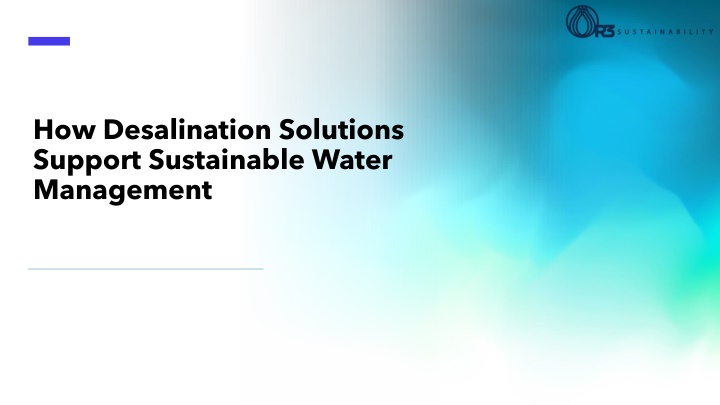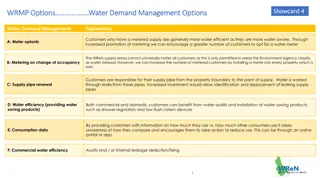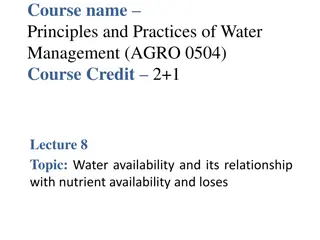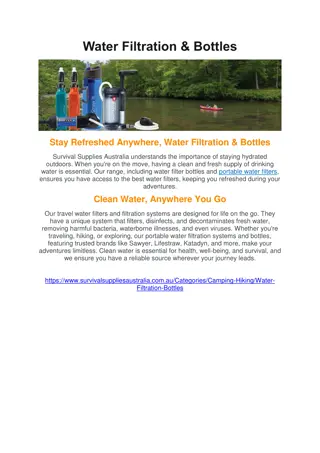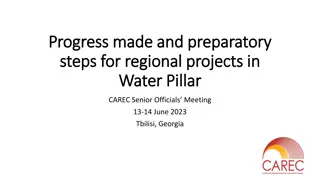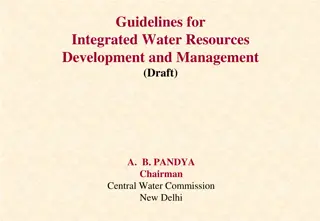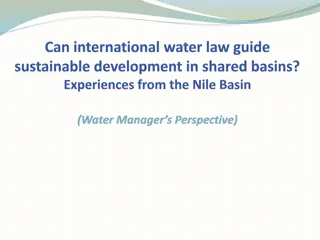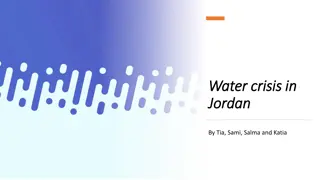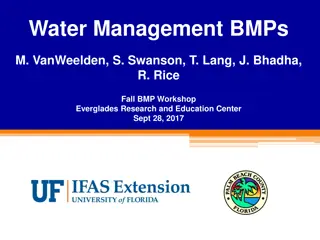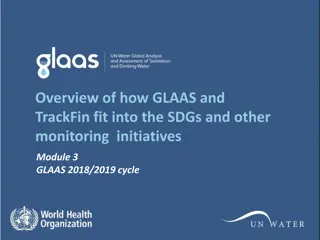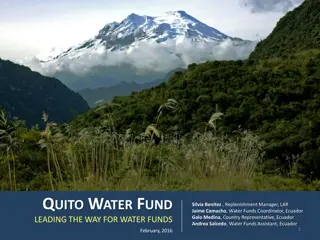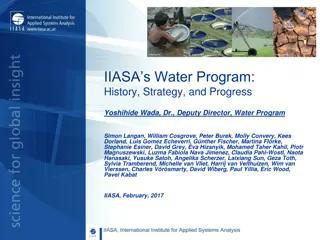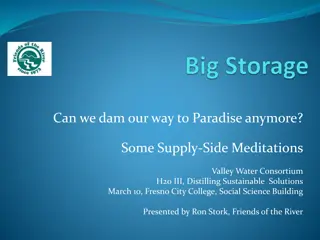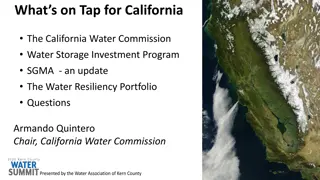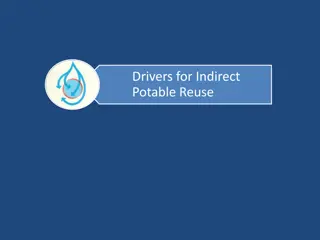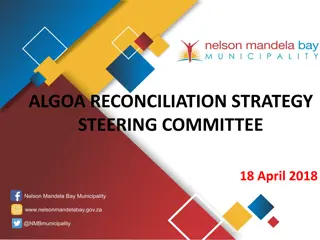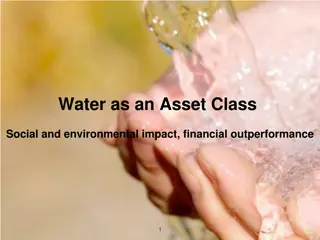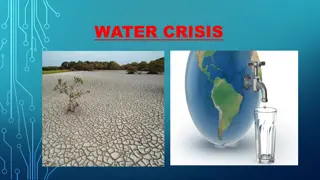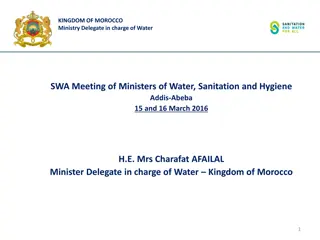How Desalination Solutions Support Sustainable Water Management
Discover how desalination solutions support sustainable water management by addressing water scarcity, reducing groundwater reliance, and enabling eco-friendly practices. Learn more with R3 Sustainability!
Download Presentation

Please find below an Image/Link to download the presentation.
The content on the website is provided AS IS for your information and personal use only. It may not be sold, licensed, or shared on other websites without obtaining consent from the author.If you encounter any issues during the download, it is possible that the publisher has removed the file from their server.
You are allowed to download the files provided on this website for personal or commercial use, subject to the condition that they are used lawfully. All files are the property of their respective owners.
The content on the website is provided AS IS for your information and personal use only. It may not be sold, licensed, or shared on other websites without obtaining consent from the author.
E N D
Presentation Transcript
How Desalination Solutions Support Sustainable Water Management
An Overview Water scarcity is a pressing global issue, with many regions struggling to meet the growing demand for clean water. Desalination solutions offer a sustainable way to address this challenge by converting seawater or brackish water into fresh, usable water. These advanced technologies are playing a vital role in ensuring water security while promoting sustainable water management practices.
What Are Desalination Solutions? Desalination involves removing salt and impurities from seawater or brackish water to produce potable water. Common methods include reverse osmosis, multi-stage flash distillation, and electrodialysis. These solutions are widely used in industries, municipalities, and agriculture to bridge the gap between water supply and demand.
Promoting Sustainable Water Management Mitigating Water Scarcity: Desalination provides an alternative water source in regions where freshwater resources are limited. Coastal areas, in particular, benefit from desalination plants, as they have access to abundant seawater reserves. Reducing Dependence on Groundwater: By offering a reliable water source, desalination reduces over-extraction of groundwater, helping to preserve aquifers and maintain ecological balance. Supporting Industrial and Agricultural Needs: Industries and agriculture are major water consumers. Desalination ensures a consistent supply of high-quality water, enabling sustainable operations without depleting natural resources. Enabling Zero Liquid Discharge (ZLD) Systems: Modern desalination solutions incorporate ZLD technologies to minimize waste and recycle water, aligning with circular economy principles.
Innovations Driving Sustainability Recent advancements, such as energy-efficient desalination membranes and renewable energy-powered plants, are reducing the environmental footprint of desalination, making it a more sustainable option for the future.
Conclusion Desalination solutions are crucial for addressing water scarcity and ensuring sustainable water management. By integrating these technologies, regions can secure a reliable water supply while protecting natural ecosystems. Partner with R3 Sustainability for innovative desalination solutions tailored to your water needs!
THANKS Contact Us +1-720-222-4739 info@r3sustainability.com www.r3sustainability.com
